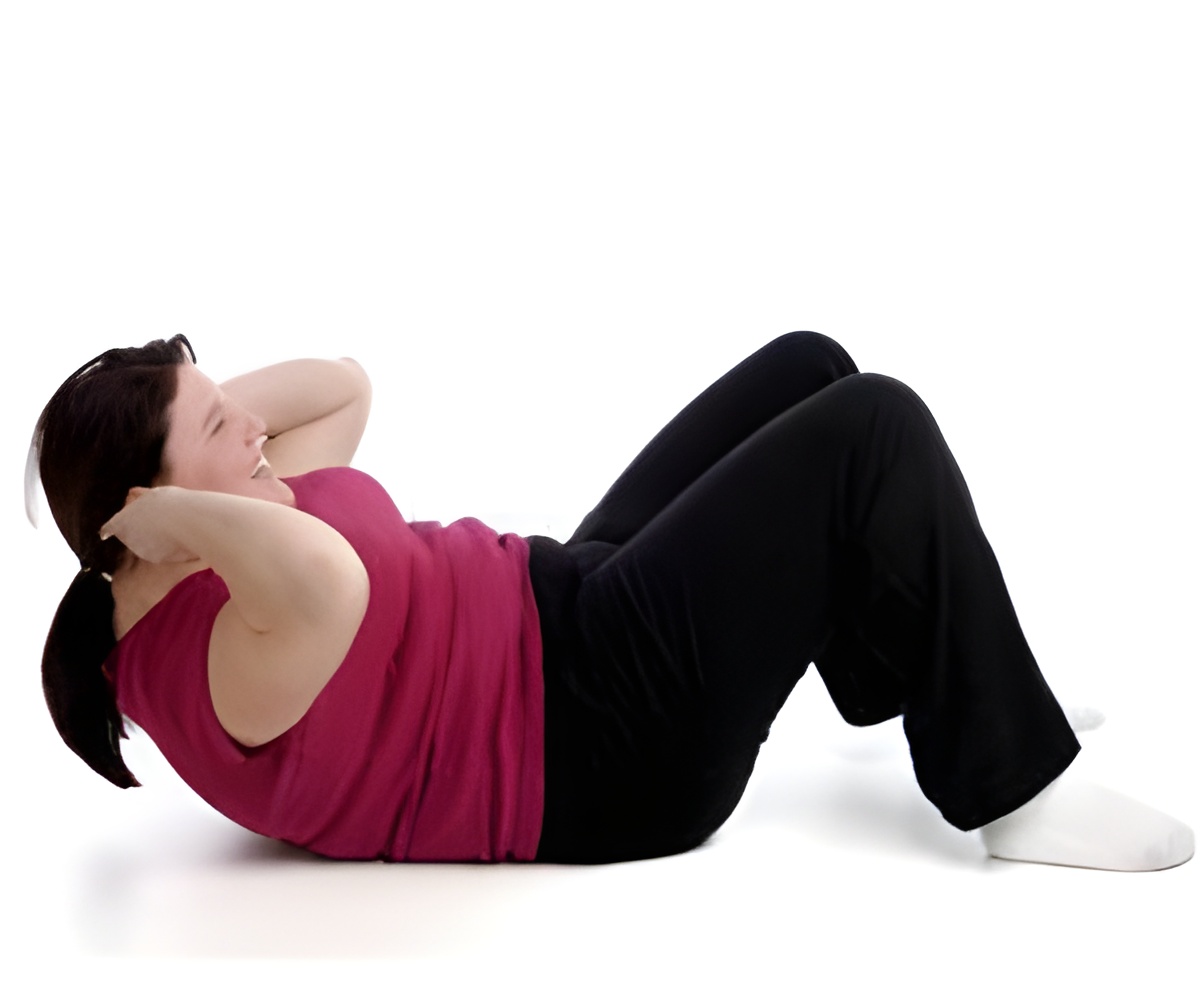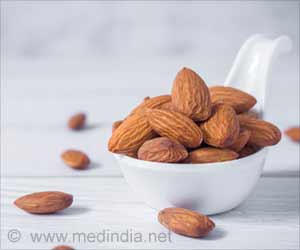
Known scientifically as Emotional Freedom Techniques (EFT), or psychological acupuncture, the practice involves tapping pressure points on the body while a person concentrates on not giving in to temptation.
Dr Stapleton said food and weight issues were usually "deeply emotional and rarely physiological".
"Many current weight loss programs don't place emphasis on the psychological element of addictive behaviour. In fact, the more time that elapses between the end of a diet and the follow-up, the more weight is regained," the paper quoted her as saying.
Dr Stapleton said initial trials of psychological acupuncture had proven promising, with 40 volunteers last year losing an average of 2kg each.
Even after 12 months down the track, the food cravings had not returned, she said.
Advertisement
Dr Stapleton has already released three academic papers from the original trials and presented them to national and international conferences.
Advertisement
Dr Stapleton is further looking for trial participants, aged 18 and older, who are overweight, with a Body Mass Index (BMI) of more than 25, or obese (with a BMI of 30 or more) and who have frequent food cravings.
Source-ANI














